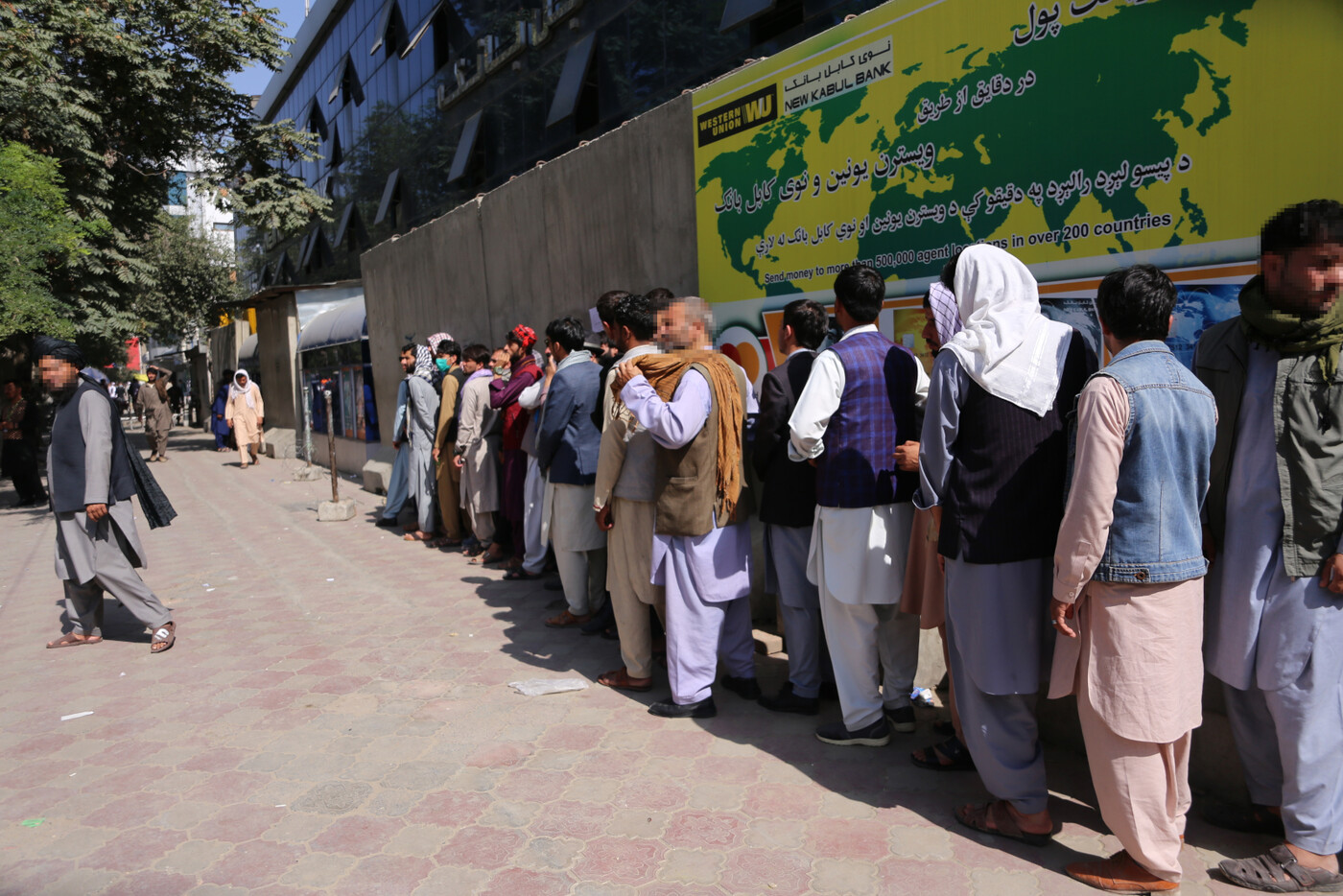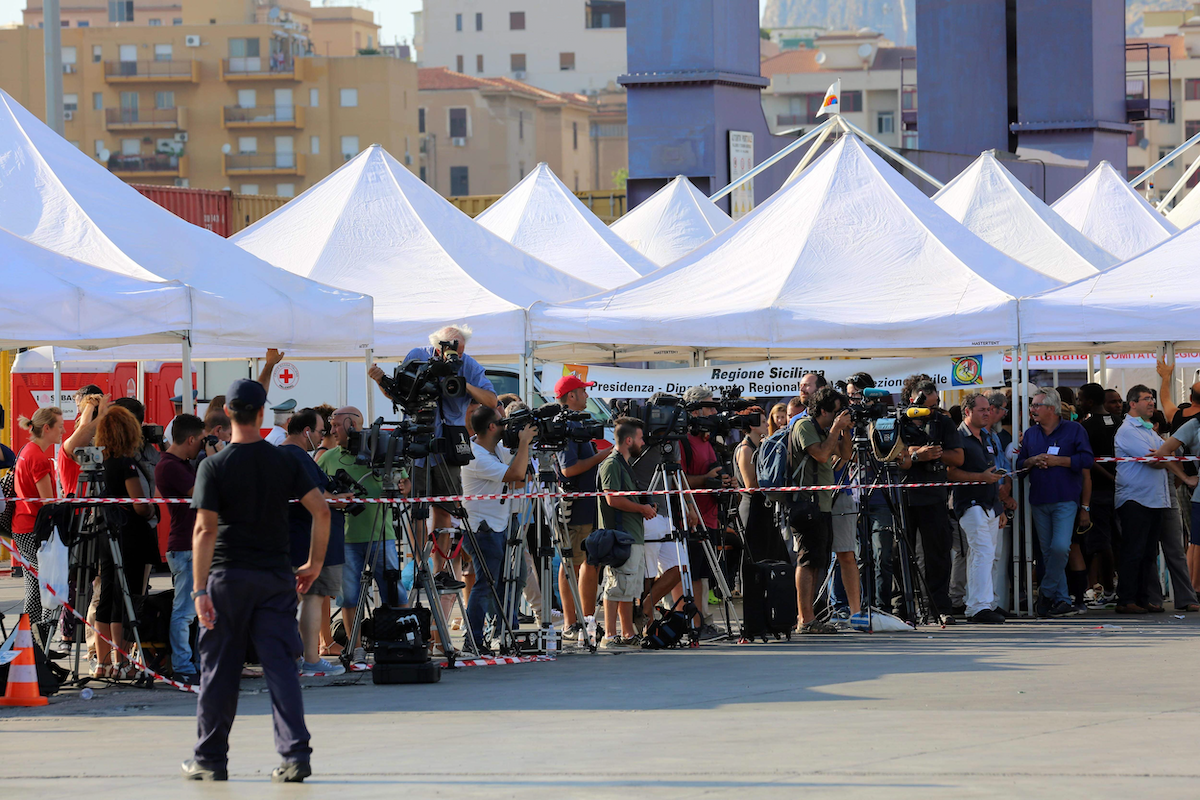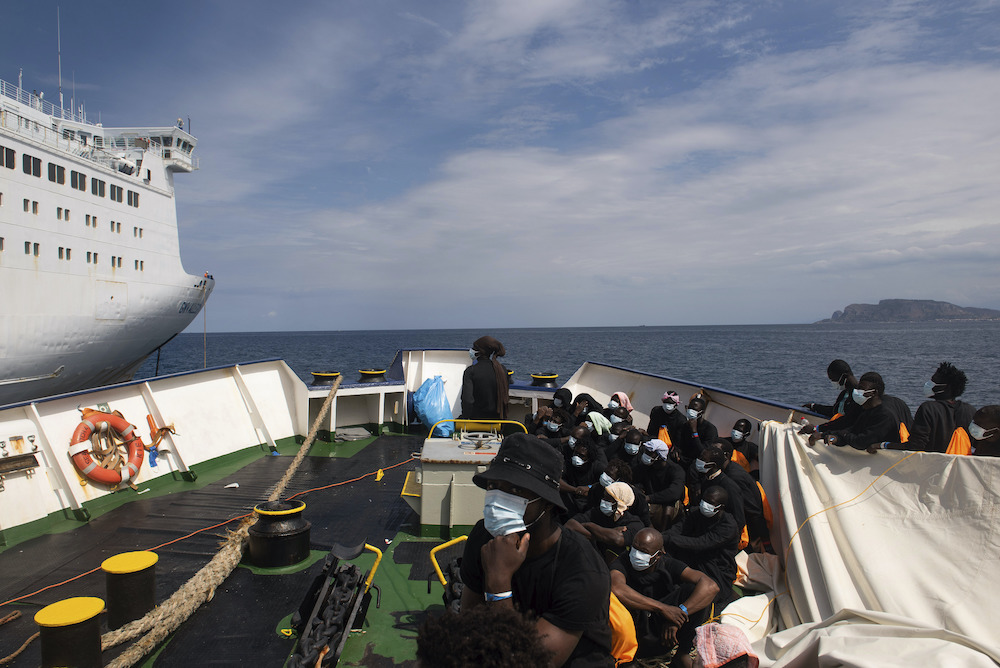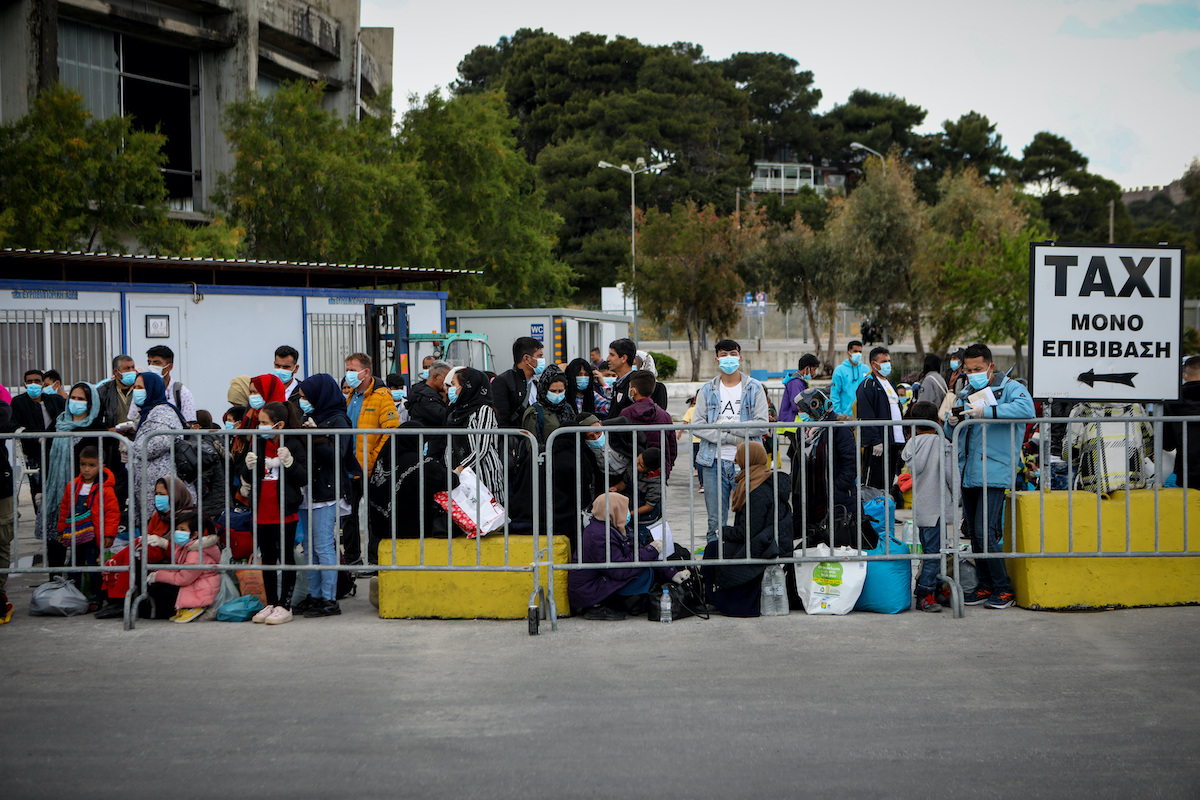MEDIENDIENST INTEGRATION: How is the situation in Kabul?
Sparghie Nastoh*: As of now, many Afghans still want to get out of the country. People who work in the public sector haven't been paid for weeks. All banks are closed and there is no money. There are frequent power outages. The Taliban encouraged men to go back to work, but only a few people accepted. Moreover, many people from other provinces have been streaming into the city to escape from Taliban attacks during July and August. Now they're stranded here without any help.
How do people in Kabul see their future?
The future looks very uncertain. A lot will depend on who the Taliban will decide to put in charge and what kind of rules they will enforce. In the last 20 years, people in Afghanistan have begun to stand on their own feet and increase their quality of life. Many people have come to Kabul to live in freedom and try to get an education – mostly for their daughters. Now, at once, all their hopes have been crushed. Students – especially women – don’t know if they’ll ever be able to continue their education. The Taliban want to create separate classes for girls and boys. Even if that works, there are simply not enough female teachers for each field. There’s also not enough room for separate classes in our education facilities. It’s pretty clear that women will be forced out of education.
Evacuation operations from Kabul airport have been terminated. What other options do people have to get out of the country?
The evacuation operations were a mess: they left dozens dead and thousands injured in their aftermath. Evacuation can’t be the solution for Afghanistan. What if all intellectuals and people with an education moved away? What can our people do then? The international community should try to help the Afghans both inside and outside the country. We need your help more than ever.
What are your plans?
I and my family never left Afghanistan. When I was 20 years old I became a tailor an mended clothes to support our family after my father shops were burned to the ground. All this time I was responsible for my family. At the same time I tried to work for progress in Afghanistan. During the first five years under Taliban rule (1997- 2002) I managed to organize and underground school for children (girls and boys). Most of my students were war orphans. I won’t give up now.
What do people around you (colleagues, family, friends) plan to do?
Fortunately, all of my colleagues are still in Afghanistan. Some of them want to leave but it’s hard to tell how they plan to do that, now that the evacuation has ended. Most of us are just eager to go back to our jobs as soon as possible.
What are your hopes for the future?
I still hope for an independent and peaceful Afghanistan, in which people are allowed a better living standard. I still hope our country will keep developing and that the international community won’t turn its back on us – keeping up good diplomatic, economic, social and academic relationships. It‘s important that the international press keeps on covering the situation in the country, even when Afghanistan disappears from the front pages – and that Afghans voices are heard.
* Name changed for safety reasons
Interview: Fabio Ghelli



